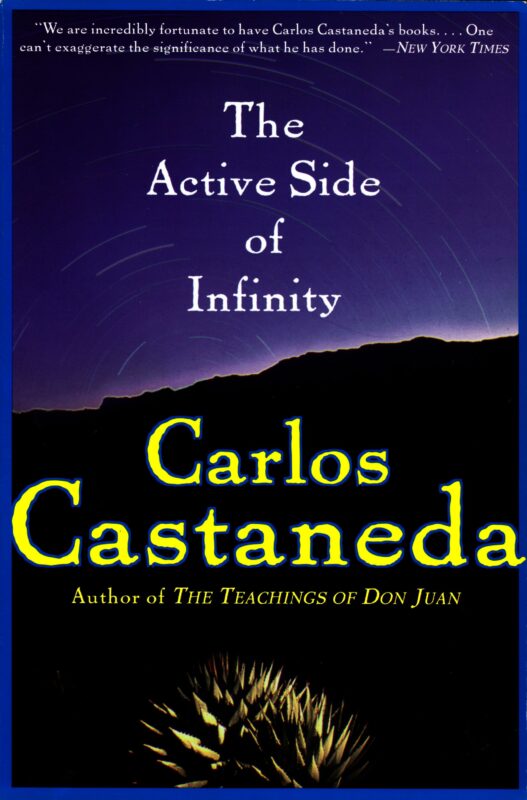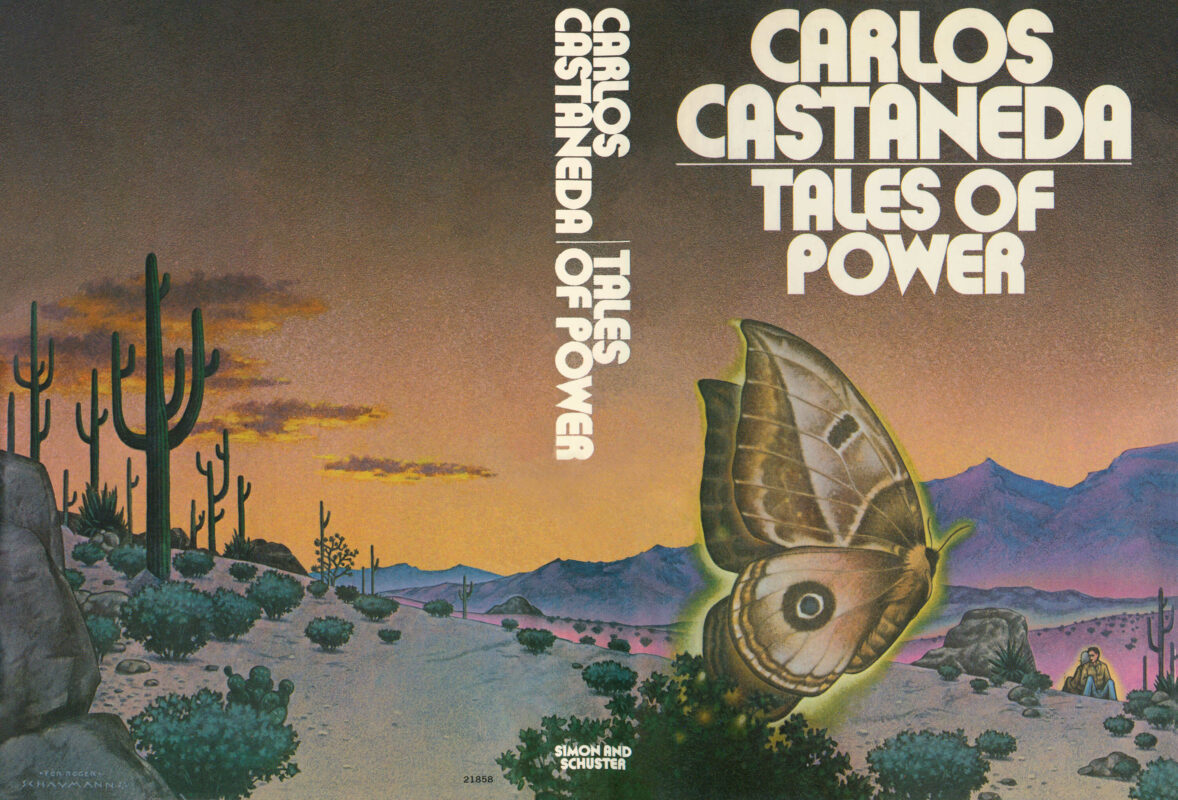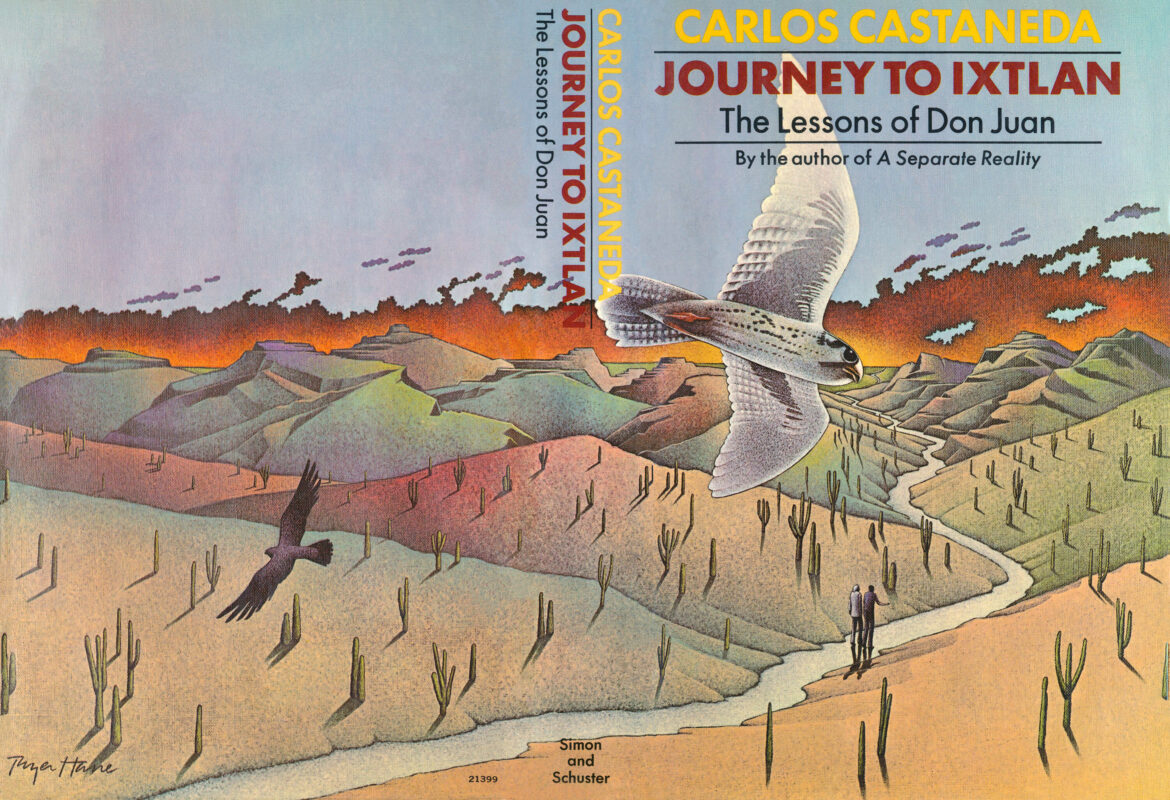The Eagle’s Gift – Florinda
In this chapter, Carlos Castaneda is formally introduced to Florinda, the master stalker designated as his personal guide into that art. She explains that, unlike a male warrior, she is not bound by the need to erase her personal history and begins recounting her life story as a method of instruction. Castaneda learns of her spoiled, beautiful youth, which was abruptly ended by a crippling disease caused by sorcery. Her narrative then details the initial, brutal, and perplexing encounters with a mysterious woman “curer” who begins to challenge her deeply ingrained self-importance.



